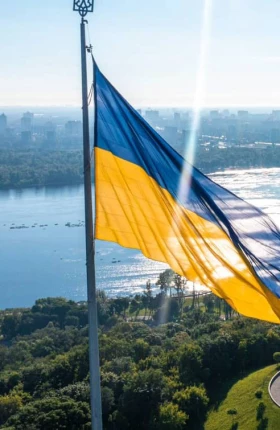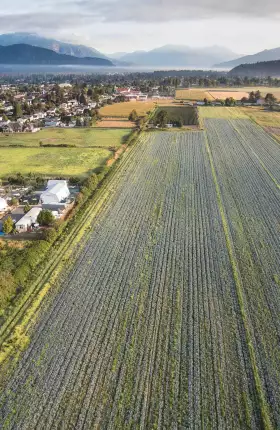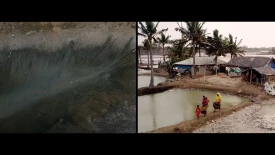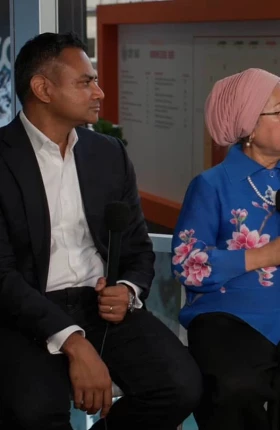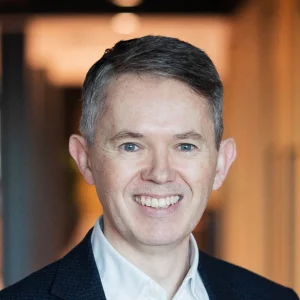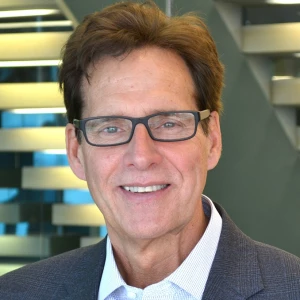Our Approach to Humanitarian Response
Humanitarian response is about deploying resources in the most effective manner. We draw on a unique breadth of expertise, methodologies, and relationships to develop and carry out the optimal humanitarian relief strategy.
- Partnerships. Our humanitarian response consulting team regularly collaborates with NGOs, UN agencies, governments, and the private sector to unearth transformative solutions to humanitarian crises.
- Experts. Our global reach and cross-industry experience let us deploy the right people for the situation, so we can deliver the right humanitarian response—fast.
- Technology and Data. We use new tools and technologies—including the latest solutions in epidemiology, artificial intelligence, and advanced analytics—to transform humanitarian response.
Our Client Impact Work in Humanitarian Response
We have responded to many manmade and natural disasters, marshaling a global network of experts and innovative end-to-end approaches. Our work spans the three key phases of humanitarian response:
Our Insights on Humanitarian Response

